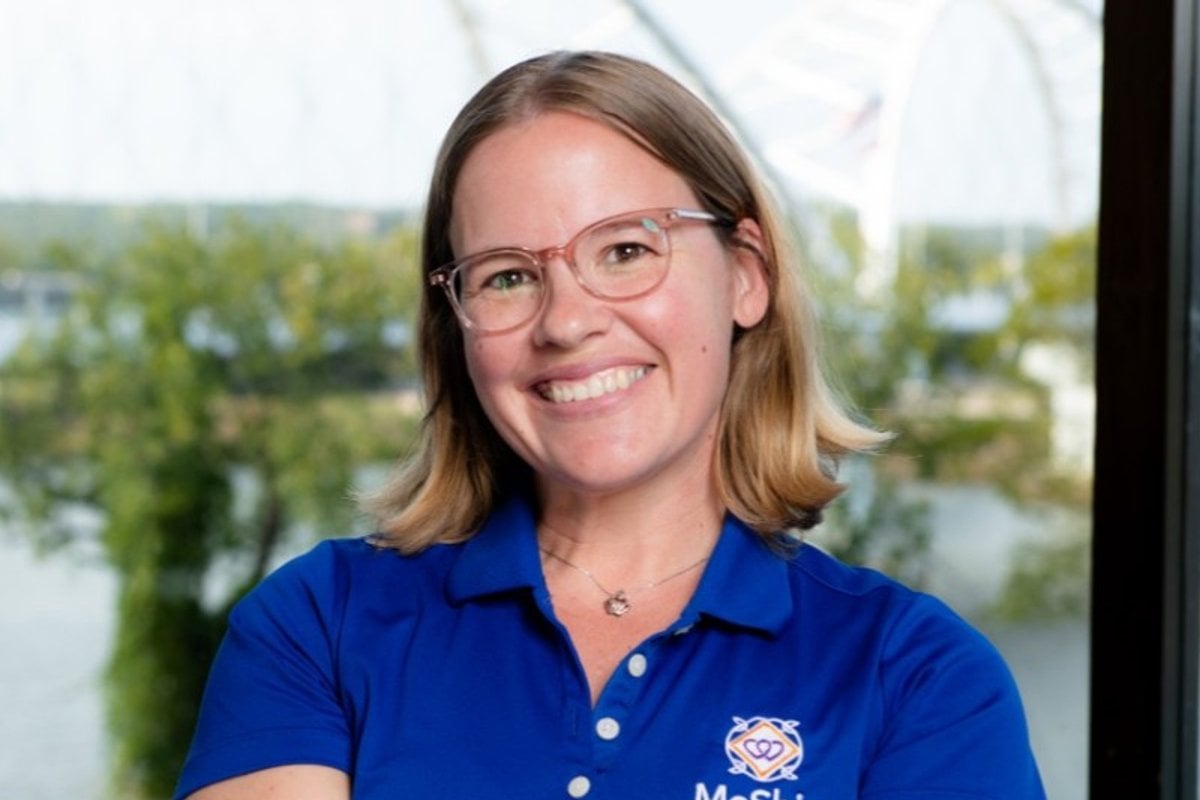
Honesty Liller was just 12 years old when she first started using drugs. Marijuana at first, and by the time she was in her teens, she was regularly taking magic mushrooms and LSD too.
"Drinking was a big part of my tween and teen years as well. But I had to smoke marijuana every day, it was my jam. I have some memories for sure that were fun and some that were wild," she tells Mamamia.
Honesty describes her childhood as both beautiful and traumatic, depending on the specific moment. She never really liked herself and didn't quite know where she fit in.
"I just wanted to fit in with my friends, possibly fill a void in my life."
Watch: The impact of drugs. Post continues below.
At 17, Honesty was introduced to heroin. She was sitting on her mother's front porch the first time she used it.
"I remember that day vividly. Something changed in me, and all I wanted to do was keep using. I never thought I would get addicted to heroin, but I was wrong."
Throughout most of her teens, drugs for Honesty were about having fun. Once she moved onto heroin though, things weren't so fun anymore. It was the start of a downward spiral of heroin and opiate addiction that would last more than nine years.
Within a year of her first hit, Honesty overdosed, and tried the first of many attempts to quit the drug, without success.